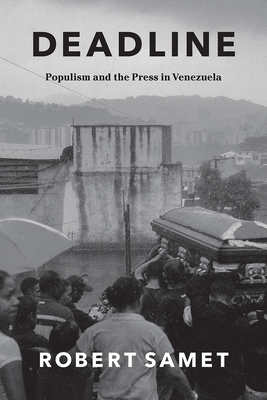Expedite your nonfiction book discovery process with Readara interviews, summaries and recommendations, Broaden your knowledge and gain insights from leading experts and scholars
In-depth, hour-long interviews with notable nonfiction authors, Gain new perspectives and ideas from the writer’s expertise and research, Valuable resource for readers and researchers
Optimize your book discovery process, Four-to eight-page summaries prepared by subject matter experts, Quickly review the book’s central messages and range of content
Books are handpicked covering a wide range of important categories and topics, Selected authors are subject experts, field professionals, or distinguished academics
Our editorial team includes books offering insights, unique views and researched-narratives in categories, Trade shows and book fairs, Book signings and in person author talks,Webinars and online events
Connect with editors and designers,Discover PR & marketing services providers, Source printers and related service providers

Deadline: Populism and the Press in Venezuela
Social Science > Anthropology - Cultural & Social
- University of Chicago Press
- Paperback
- 9780226633732
- 8.9 X 5.9 X 0.6 inches
- 0.7 pounds
- Social Science > Anthropology - Cultural & Social
- (Single Author) Asian American
- English
Readara.com
Book Description
In Deadline, anthropologist Robert Samet answers this question by focusing on the relationship between populism, the press, and what he calls the will to security. Drawing on nearly a decade of ethnographic research alongside journalists on the Caracas crime beat, he shows how the media shaped the politics of security from the ground up. Paradoxically, Venezuela's punitive turn was not the product of dictatorship, but rather an outgrowth of practices and institutions normally associated with democracy. Samet reckons with this apparent contradiction by exploring the circulation of extralegal denuncias (accusations) by crime journalists, editors, sources, and audiences. Denuncias are a form of public shaming or expos� that channels popular anger against the powers that be. By showing how denuncias mobilize dissent, Deadline weaves a much larger tale about the relationship between the press, popular outrage, and the politics of security in the twenty-first century.
Author Bio
Professor Samet specializes in media, urban violence, and the politics of security in Latin America. A legal and political anthropologist, he has been conducting fieldwork in Venezuela since 2006. His first research project was alongside crime journalists in Caracas.
It is the subject of a book manuscript in progress Who’s Afraid of Caracas?: Sovereignty and Spectacles of Security in Venezuela. Currently, he is beginning a pair of new research projects. The first is on security as it relates to transnational immigration in and out of Venezuela. The second looks at the political economy of energy and electricity shortages in Venezuela, which is one of the world’s leading oil producing countries. His research interests also include social movements, democracy, sovereignty, colonialism, science studies, and critical race studies.
Source: Union College
Videos
No Videos
Community reviews
No Community reviews

